GeoCaching is a real-world, outdoor treasure hunting game using GPS-enabled devices. Participants navigate to a specific set of GPS coordinates and then attempt to find the geocache (container) hidden at that location.
[wpdevart_like_box profile_id=”” connections=”6″ width=”300″ height=”550″ header=”0″ locale=”en_US”]
A typical cache is a small waterproof container containing a logbook where the geocacher enters the date they found it and signs it with their established code name. Larger containers such as plastic storage containers (Tupperware or similar) or ammunition boxes can also contain items for trading, usually toys or trinkets of little value. Geocaching shares many aspects with benchmarking, trigpointing, orienteering, treasure-hunting,letterboxing, and waymarking.
At its simplest level, geocaching requires these steps:
- Enter the coordinates of the geocache into your GPS Device.
- Use your GPS device to assist you in finding the hidden geocache.
- Sign the logbook , take something out and put something else in its place, and return the geocache to its original location.
- Share your geocaching stories and photos online.
What are the rules of geocaching?
- If you take something from the geocache (or “cache”), leave something of equal or greater value.
- Write about your find in the cache logbook.
- Log your experience
What do I need to go geocaching?
The only necessities are a GPS device or a GPS-enabled mobile phone so that you can navigate to the cache.
Where are geocaches located?
Geocaches can be found all over the world. It is common for geocachers to hide caches in locations that are important to them, reflecting a special interest or skill of the cache owner. These locations can be quite diverse. They may be at your local park, at the end of a long hike, underwater or on the side of a city street.
Are there different types of geocaches
Yes. There are currently over a dozen “cache types” in geocaching, with each cache type being a different variation of the game.
Geocaches vary greatly in size and appearance. In the field you will see everything from large, clear plastic containers to film canisters to a fake rock with a secret compartment. So, how do you find the cache?
The first step is to get a general idea of the cache’s size.
What’s usually in a cache?
In its simplest form, a cache always contains a logbook or logsheet for you to log your find. Larger caches may contain a logbook and any number of items. These items turn the adventure into a true treasure hunt. You never know what the cache owner or visitors to the cache may have left for you to enjoy. Remember, if you take something, leave something of equal or greater value in return.
Start searching for Mountain Junkie GeoCaches today…
Keep your eyes open for Mountain Junkie GeoCaches around in your area… 🙂
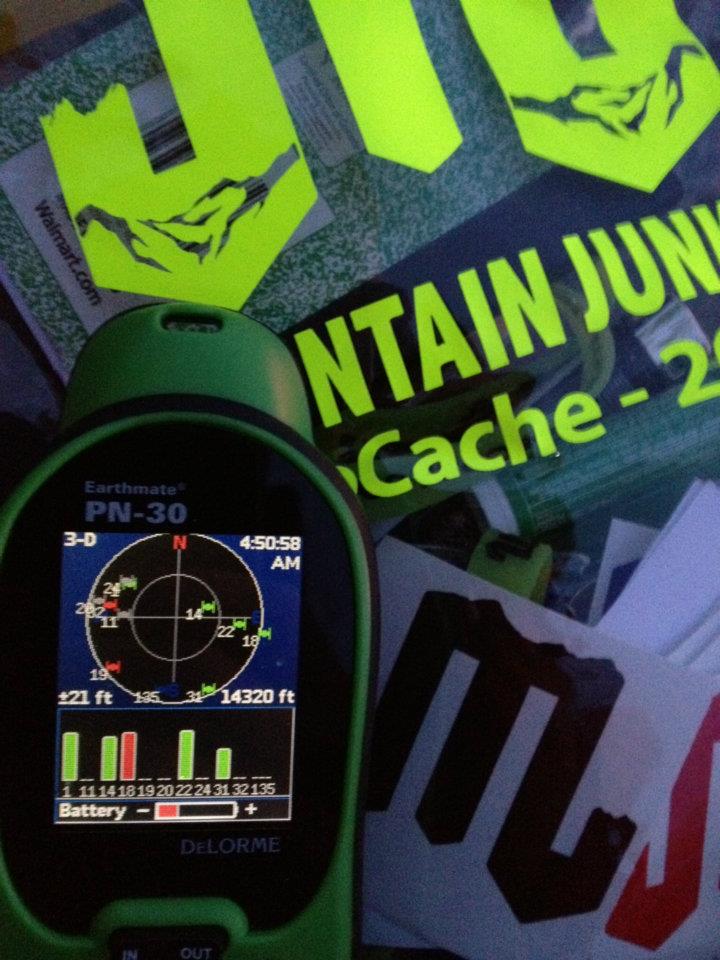

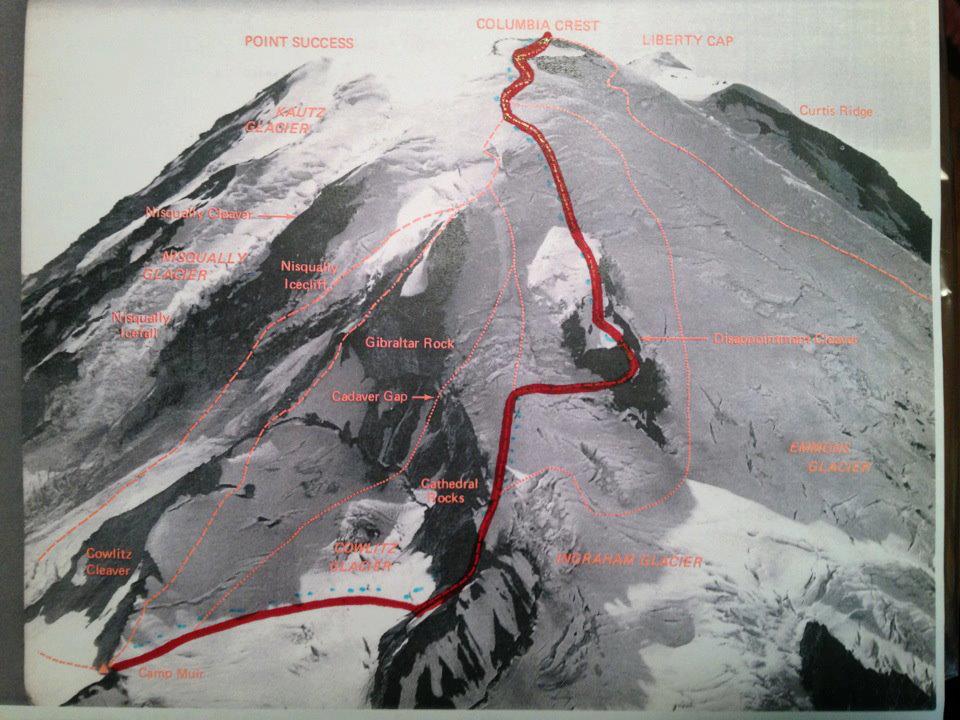
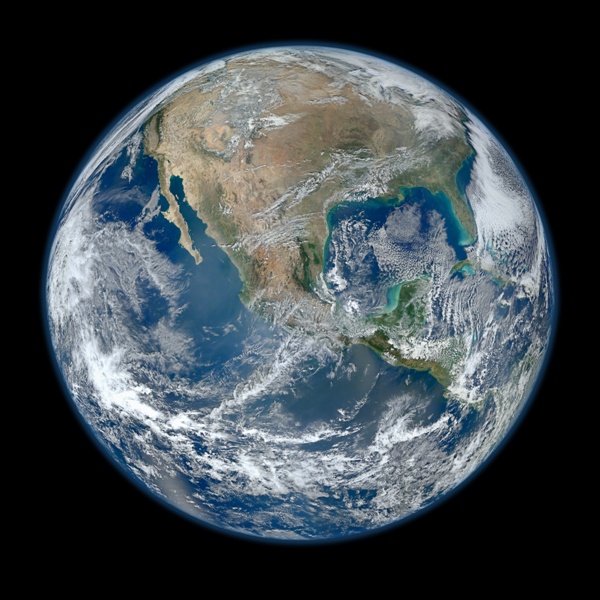
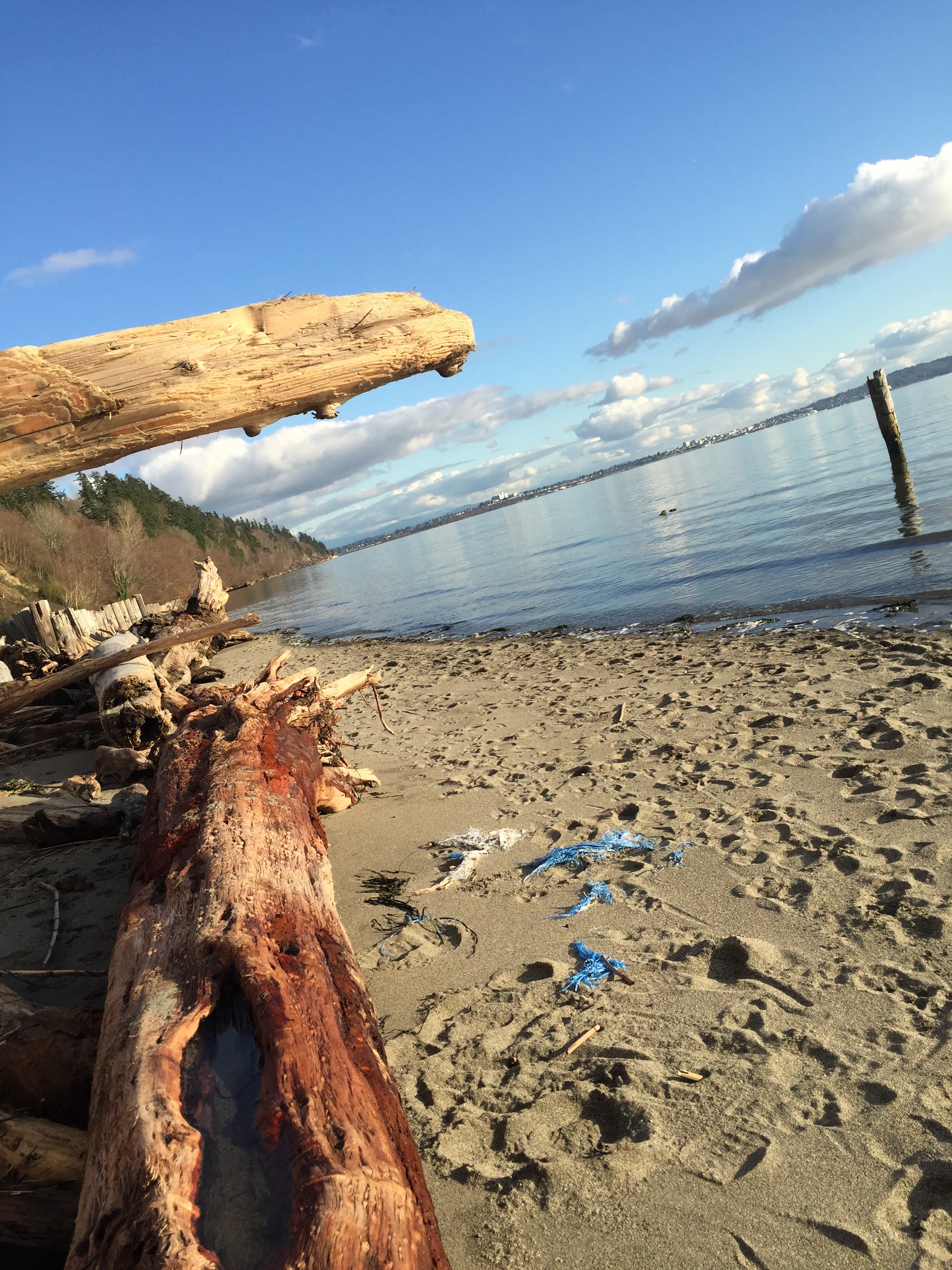

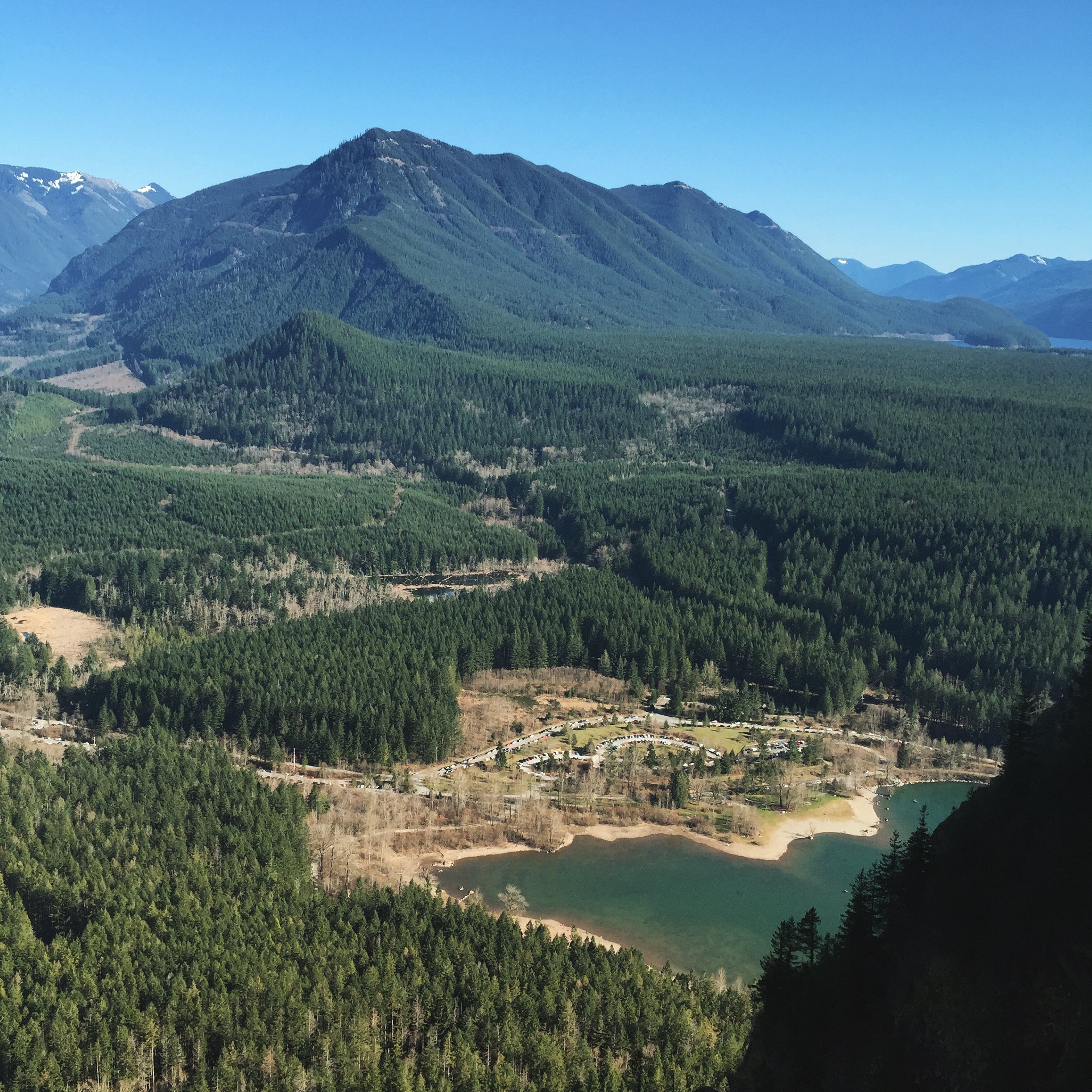
One comment on “We have added GeoCaching to our list of activities…”
Comments are closed.